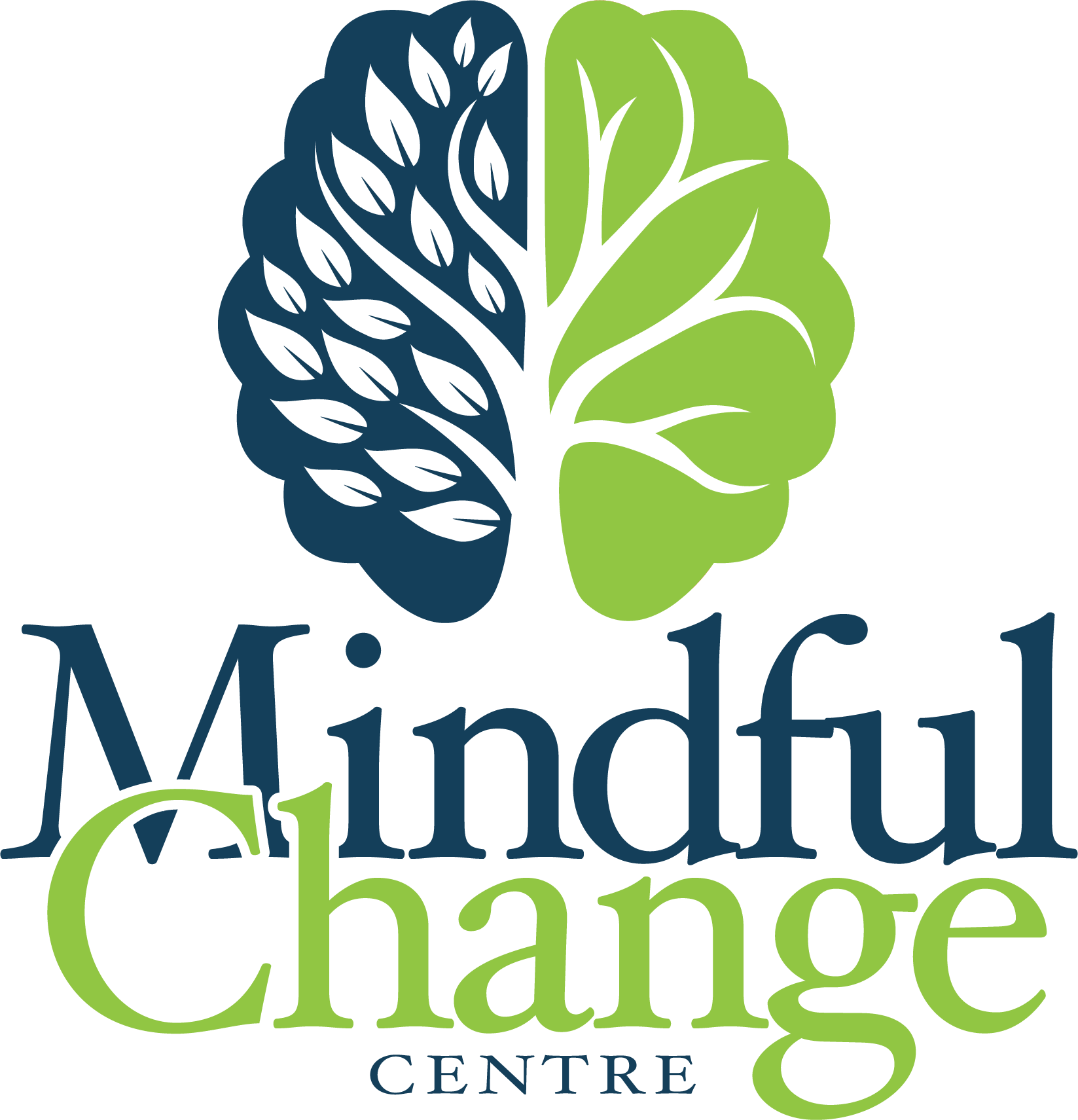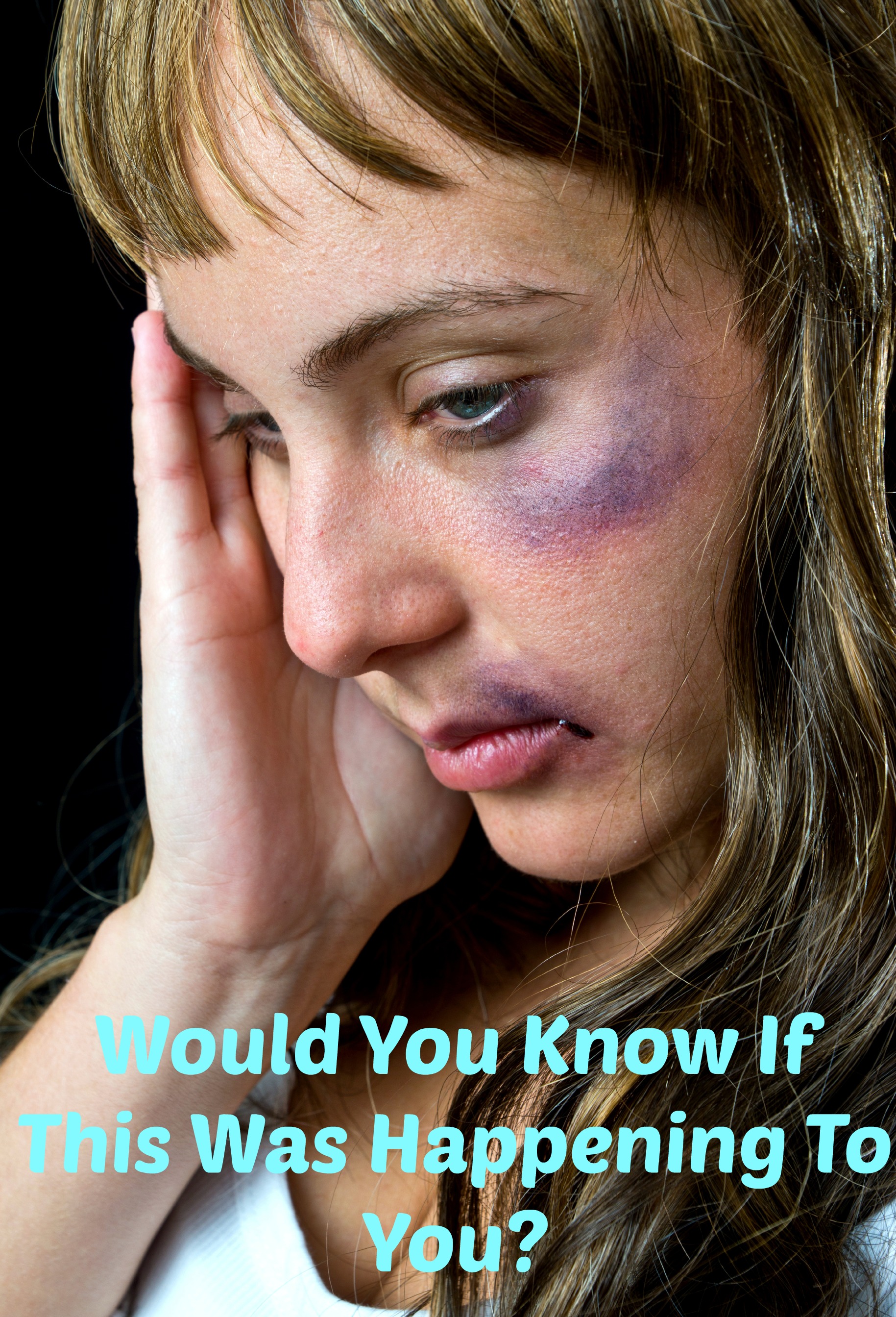Words screamed in anger, black eyes, broken bones, and open wounds are just one level of abuse. But there are multiple levels. And at some point, the damage goes beyond the physical, beyond the hurtful words, beyond the unwanted sexual violations, and beyond outward pain.
You’ve seen someone and used the words to describe them. Maybe you’ve even felt it. It’s the deepest and hardest part of abuse to recover from…the injured soul.
 But if someone were to ask you what that means and how it happens, could you describe it? Where is the breaking point where abuse stops being physical, sexual, or even emotional and slashes into a soul?
But if someone were to ask you what that means and how it happens, could you describe it? Where is the breaking point where abuse stops being physical, sexual, or even emotional and slashes into a soul?
And what makes people stay in abusive relationships, work situations, and cycles? You’d think they’d want to get out as fast as possible and stay away. But they don’t.
I’m sorry if this post makes you uncomfortable, and I promise that next week we’ll explore a lighter topic. But today, we need to talk about something that so few talk about but so many experience.
We need to talk about it because understanding what it is, how it happens, and how to stop it may save a life…maybe in the literal sense, and maybe in the sense of freeing a person to be happy and fulfilled. Both are important.
And the first thing to know is that many abused people wouldn’t say that they are abused.
In fact, they’d make a list of excuses about the other person. They might even think that they’re fixing the abuser. And if they’re a kid, it’s all they’ve ever known. How do they know that the horrible things happening to them don’t happen to everyone else?
You might think abuse is easy to see, but for people going through it, self-worth is often so distorted — and the things whispered in their ear, screamed at deafening levels, and pounded into their flesh each day reinforce that worth — that they truly don’t even know how much danger they’re in.
Even for the ones who manage to figure it out and break away, they’ll often find themselves back in another abusive relationship. We all seek out the familiar. And, unfortunately, for someone who grew up abused, abusers seem familiar.
Why do people stay?
Beyond the reasons I gave above, one of the most compelling reasons is the fact that, deep down, they don’t feel worthy enough to attract the love of another person. Better the devil you know than the one you don’t know.
How do you help someone leave an abusive situation?
Sometimes you can’t. And, for most people, leaving is a slow process.
Typically the journey away from an abusive relationship involves finding a way out of unworthiness.
Some go back to school, get their education and start to feel better about themselves naturally. Having a job in a workplace where other people aren’t abused gives some the courage to leave the abusive situation.
Others see role models that suggest it can be different. They make friends who tell them they deserve better. And one day they listen…and then they’re gone.
Others get involved with groups that teach them to value and love themselves and, eventually, they grow weary of the abuse and will leave on their own.
What you need to know is that the victim not understanding that abuse isn’t normal and that they don’t deserve it holds the abusive relationship in place.
When she/he understands and then decides they are worth more, they’ll seek help and make a move to end it. That process gives them control, and it is in exercising this control that they improve how they feel about themselves.
For kids, it’s much harder. Most of the time, they don’t have the emotional or mental maturity to realize what’s happening. In those cases, you should make a call to a help line on their behalf.
But the other important thing for kids is that we talk with them. They need to hear that it is never okay for a parent, sibling, aunt, uncle, babysitter, teacher, other adult, or anyone older than them to touch the parts of their body that a swimsuit covers in a way that hurts or that makes the child uncomfortable.
For teenagers, rape is never okay. There is no reason or excuse or situation that ever makes it okay. No means no. Furthermore, anything less than a resounding ‘yes!’ means no.
It’s harder to explain emotional and physical abuse, but broken bones, bleeding, swelling, and bruises are something kids understand. A gun pointed at them or a knife held to them is also something they understand. Tell them those things are not okay.
It may be obvious to you but, to a kid in a violent home, those things are just part of day-to-day life and seem “normal” until someone tells them they aren’t.
What if they go back? What if I went back?
Those who experienced abuse aren’t tuned into the cues that tell them they’re at risk. They don’t act quickly to get away if their partner shows abusive tendencies. And some abused people find many reasons to excuse the behavior of their partners.
So, if someone goes back or if they (or you) find themselves in a new abusive relationship, all it means is that there’s still some work to do when it comes to learning that they don’t deserve it and how to spot it before it happens.
Does it ever end?
Yes. Injured souls can heal and even go on to thrive. It takes some work to learn healthy self-worth and boundaries, but it is very doable. And it’s worth it.
As always, if you need to talk with me for any reason, contact me at heather@mindfulchange.com or call me at 613.601.1083, and we’ll set up a 30-minute discovery session. I’m here for you.
I know that was really intense but, like I said, you never know when it might save a life.
Thanks for reading all the way to the end. I leave you with this thought…
“Those who love you are not fooled by mistakes you have made or dark images you hold about yourself. They remember your beauty when you feel ugly; your wholeness when you are broken; your innocence when you feel guilty; and your purpose when you are confused.”
~Alan Cohen
Next week we’ll talk about something you can put to use right away…something that will help you no matter who you are and what you do!
Have a happy and healthy week,


 Follow
Follow